

END OF CASINOS IN BRAZIL (*)
Casinos in Brazil were closed by decree-law 9215, of April 30, 1946, by President Eurico Gaspar Dutra. It is said that the president was influenced by his wife, Dona Carmela (known as Dona Santinha), an extremely religious and anti-gambling woman, and by the Minister of Justice, Carlos Luz, who wanted to be governor of Minas Gerais and fought against casinos in name of the "traditional mining family". He closed the casinos ... but he lost the election!
The decree-law that extinguished the casinos presented the following justifications for the presidential decision:
"Whereas the crackdown on gambling is an imperative of universal conscience;
"Considering that the penal legislation of all educated peoples contains precepts for this purpose;
"Considering that the legal, moral and religious tradition of the Brazilian people is contrary to the practice and exploitation of games of chance ..."
On that fateful day for the sector, the president met with his ministers, secretaries of state and the head of the Federal Department of Public Security to discuss two sensitive issues: the closure of casinos and the fight against communism. He decided to end the casinos and left the hunt for Communists for later. Ironically, both went underground and suffered years on end. Fortunately, the communists won their place in the sun… casinos, not yet.
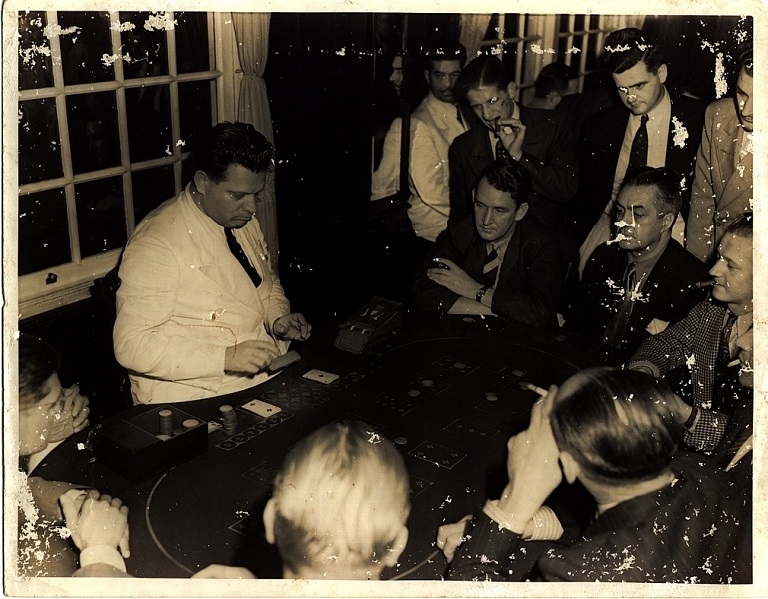
The repercussions of closing the casinos were immediate and most of the newspapers that circulated that afternoon with headlines about the end of the casinos sold out quickly. Highlight for the “Resistência”, of May 5, defending the thousands of jobs at stake: “Difficult blow in the artistic future of the country!”: “Consistent with its directives, Resistência starts a movement to support the demands of all who, by virtue of the decree-law that extinguished gaming, found themselves in a situation of unexpected maladjustment in their laborious activity. (...) ".
As can be seen, even in the 1940s the strength of the sector in generating jobs was substantial and the social concern with the unemployed was present in the press, albeit in a very timid way, since Brazil has just emerged from the dictatorship of the Estado Novo of Getúlio Vargas had not yet achieved press freedom and some of the most important newspapers of the time supported the Dutra government. After 75 years, the employment crisis persists in the country and Brazil continues without the hundreds of thousands of jobs that gaming activity can generate.
31 Black
“Ladies and gentlemen, place your bets for the last roulette game in Brazil!”… In a solemn tone, trying to hold back tears that welled up in his eyes, José Caribé da Rocha, director of the Copacabana Palace casino in Rio de Janeiro, announced, at 11 pm on April 30, 1946, the last roulette game in Brazilian casinos, ending a period of glamor, history and luxury. After the announcement, the contained crying broke out, expressing on his face the same feeling of thousands of regulars and more than 40 thousand workers from around 70 casinos that existed in Brazil at that time. A few minutes later, 31 BLACK…
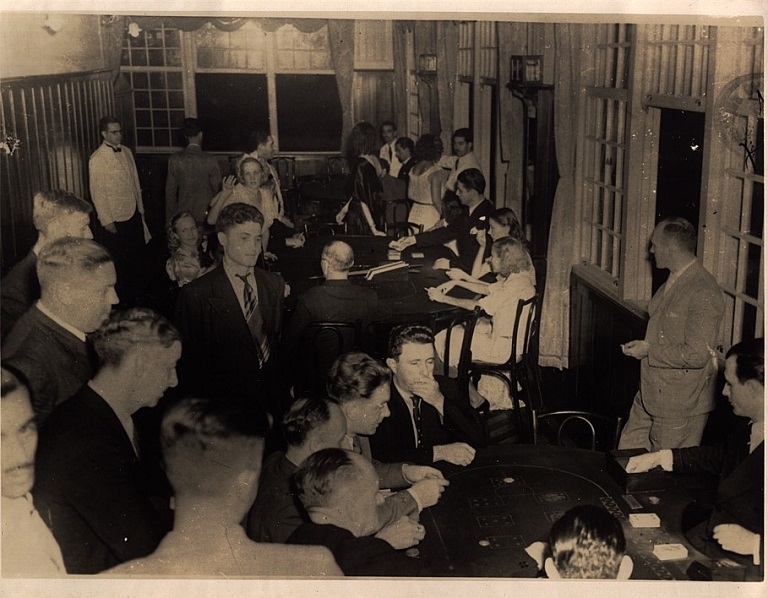
From day to night
Casinos arose in Brazil during the Empire period, but went underground in 1917, already during the Republic. In 1934, President Getúlio Vargas released gaming sector in Brazil and was even a frequent visitor to many casinos in the country.
When they reappeared in 1934 and for all 12 years in which they were in operation, they proliferated in several states. It was at this time that great shows, in addition to gaming itself, took over the stages of the main casinos, receiving many national and foreign artists.
But ending an activity hitherto authorized by the government in the way it was done, rather than disrespect, was extremely truculent. Instead of establishing a deadline for the end of casinos, the decree-law came into force on the date of its publication, taking by surprise entrepreneurs, employees and artists who had contracts for presentations in casinos. We can even talk about government betrayal, since during the electoral campaign, Dutra's opponent, Brigadier Eduardo Gomes, strongly defended the end of casinos. For this stance, several businessmen in the sector invested in the Dutra candidacy. He took over in January and three months later gave the coup de grace in the activity. Another example of the impact that a measure like this had was Cassino Lambari, in Minas Gerais, which opened a day before the ban on the activity. Has anyone compensated investors?
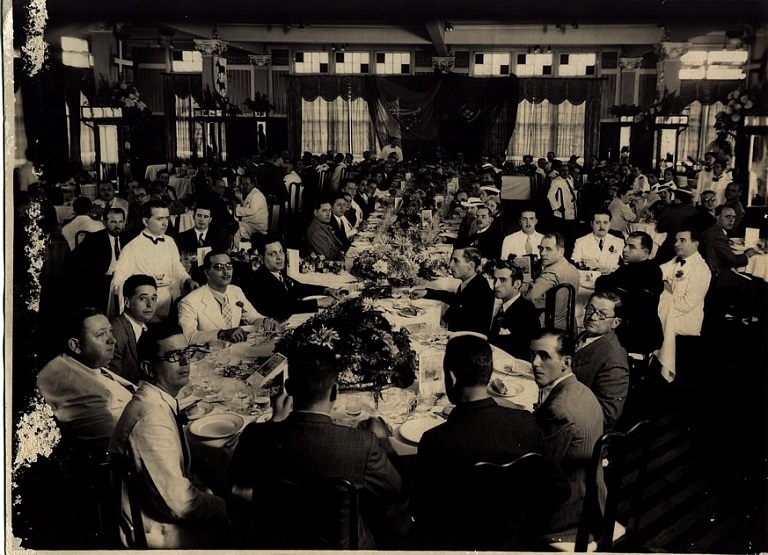
Success and luxury
In the golden age of gambling in Brazil, the most charming, luxurious and incredible casino was that of Copacabana Palace, where the cream of Brazilian society met to play, dance, dine and watch great shows (including international). Added to this was also the sensational and well-frequented Cassino Atlântico, at the end of Avenida Atlântica, in Copacabana, with great national and international shows. But when it comes to casinos in Brazil, the first name that comes to mind is the Cassino da Urca, for its beauty, luxury and glamor, a stage that launched many famous artists in the country, owned by an ex-donkey driver almost illiterate, Joaquim Rolla fromMina Gerais, who also built another casino that was in the history of gambling lovers in wonderful houses, the Hotel Quitandinha, in Petrópolis.
São Paulo also had glamorous casinos, especially the Parque Balneário Hotel, in Santos, the landmark of São Paulo's finesse and jet set. There was also the Ilha Porchat Clube casino, Casino Monte Serrat (which hosted bankers, judges, Brazilian high society figures at the time and many influential politicians, such as Governor Júlio Prestes), Miramar and Atlântico, all in Santos, and the Grande Hotel, in Guarujá. In the interior of São Paulo, other beautiful houses were located in Serra Negra, Campos do Jordão and Águas de São Pedro.
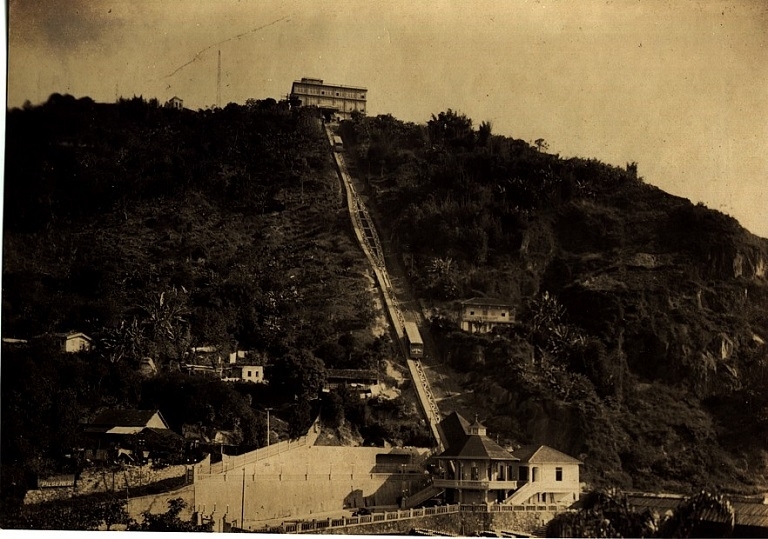
In Minas Gerais, the Grand Hotel de Araxá was inaugurated in 1941 by Benedito Valadares and Israel Pinheiro, a reference in the state. Besides it, the Casino da Pampulha, in Belo Horizonte, the famous Quisisana and Palace, in Poços de Caldas, and Brazil, in São Lourenço (which had no less than eight casinos and 40 hotels around it), the most luxurious in the country and stage of renowned artists of the time, such as Luís Gonzaga (the King of Baião) and Francisco Alves (the King of Voice).
At Praia da Boa Viagem, in Recife, there was the American Casino, installed to serve the United States soldiers based in Brazil at the time of the Second World War.
All glamor, luxury and thousands of jobs were thrown away by Decree-Law 9,215. The golden phase of casinos has come to an end and, with it, great opportunities for discovering new talents, tens of thousands of jobs, investments in the complexes and a leisure alternative for foreign tourists and for Brazilians who liked gambling, not to mention our taxes that were charged on the activity. Extinguishing it, President Dutra did not end the casinos, put them in hiding and, with this, linked them to a dismal relationship: corruption.
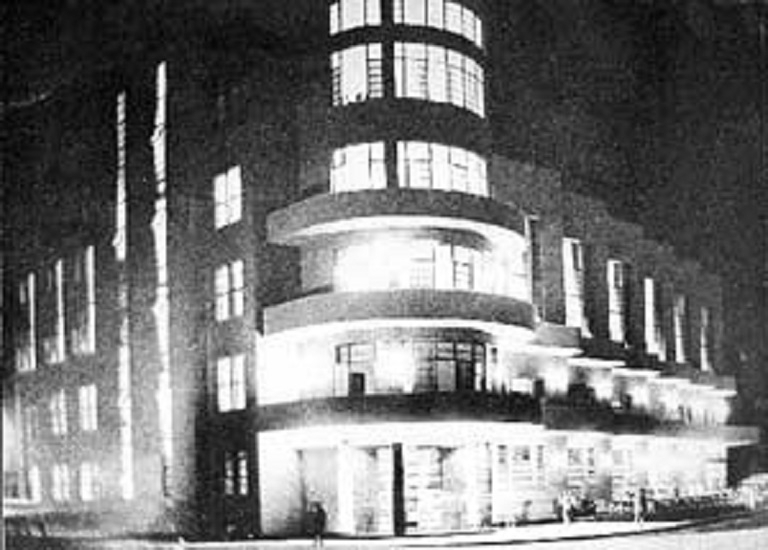
The bingo game
To mitigate the lack of entertainment and gaming options, in 1994 was created the so-called Zico Law, which regulated bingo halls, and opening gaming venues until 2007. In total, Brazil had almost one thousand bingo halls, in three stages, one with only games in cards, another including computers for betting on several series, and the arrival of video poker machines.
Jobs – a small comparison with present time
If we make a comparison with the population of the time, we would have an interesting data about a possible reopening of casinos in Brazil. According to data from the 1940 census, Brazil had a population of 41,236,315 inhabitants and the end of activity caused 40,000 workers to become unemployed. Now, we are more than 220 million Brazilians, that is, five times more inhabitants. If we followed proportionality, today we would have 200 thousand jobs in the activity of casinos. But this simplicity cannot be followed, since the 1940s were completely different from today. At that time, leisure was for a few, the high workload did not allow people to stay in the casinos for a long time and few women frequented these environments. Today, with technology, time for leisure has increased substantially, women have the same rights as men, means of transport are much more agile, Brazil has inserted itself with much more force in the great world of globalized business and tourism increased substantially…. Today, to meet the demand for casinos, many more than the simple 200,000 jobs would be needed.
Tourism
It is a reality to increase tourism with more leisure options for those who visit Brazil, and with casinos it would be no different. Some data show how much the country is lacking in this regard. According to figures from the Ministry of Tourism, Brazil received about 6.5 million tourists per year in the period from 2014 to 2018. In the same period, only Las Vegas, the gambling capital of the world, located in the state of Nevada, in the United States, received 38 million visitors a year.
If we compare it with Cuba, for example, the communist island received 3 million tourists in the same interval. Cuba, with just under 12 million inhabitants, has no casinos, but has attracted half the number of visitors who came to Brazil. Cuba has 109,000 km2, slightly larger than the state of Santa Catarina. Brazil, with more than 220 million inhabitants and the fifth largest country in the world, with 8.5 million km2, needs the tool of the casinos to offer additional attractions to its beautiful mountains, the wetland and the beaches of all the types, with light or dark sands, calm or agitated waters and an infinity of beauties that only Brazil has.
Taxes
The release of all types of games in Brazil (resort casinos, urban casinos, bingos, jogo do bicho and sports betting) could contribute, according to Senator Angelo Coronel, rapporteur of a bill in the Senate (2648/19), at least R$ 70 billion in the economy, in addition to generating 700 thousand direct jobs.
Operators are waiting for a broad law that allows not only casinos in integrated resorts, as requested by some actors from the political world, but also urban casinos, bingos, online casinos, game rooms and other verticals.
Sports betting is in the process of being regulated and already moves billions of reais. In 2018, when the sports betting law was published, Brazil handled around R$ 4 billion for Brazilian gamblers without the counterpart of taxes.
Thus, it is high time for Brazil to regulate all gaming verticals, generate hundreds of thousands of jobs, attract tourists and collect billions of dollars in taxes. You can bet, it's a sensible choice.
(*) Gildo Mazza, GMB journalist who has specialized in the gaming industry for 25 years - article originally published in Games Magazine nº 32 - March / 2003